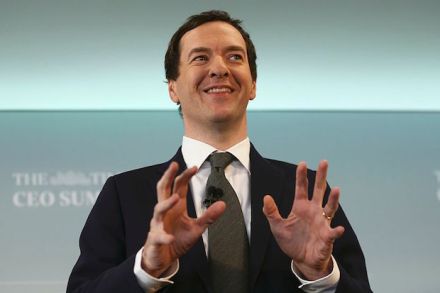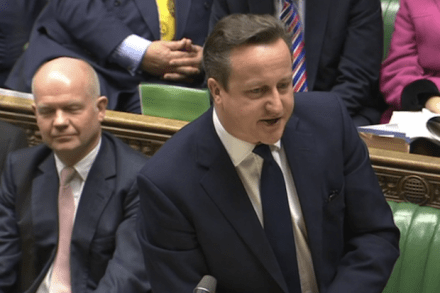Osborne’s audition
On Wednesday at Noon, George Osborne will rise to respond for the government at Prime Minister’s Questions. The symbolism of this moment won’t be lost on anyone on the Tory benches. It will be the start of Osborne’s audition for the top job. A few years ago, the idea of Osborne as Prime Minister was—as one of his backers puts it—‘a minority taste’. But now, he continues, ‘it is a mainstream assumption’. What has changed things is the economic recovery and the Tories’ surprise election victory, which has vindicated Osborne’s political strategy. Osborne, I argue in the Mail on Sunday, has also become a better politician in recent years; more




















